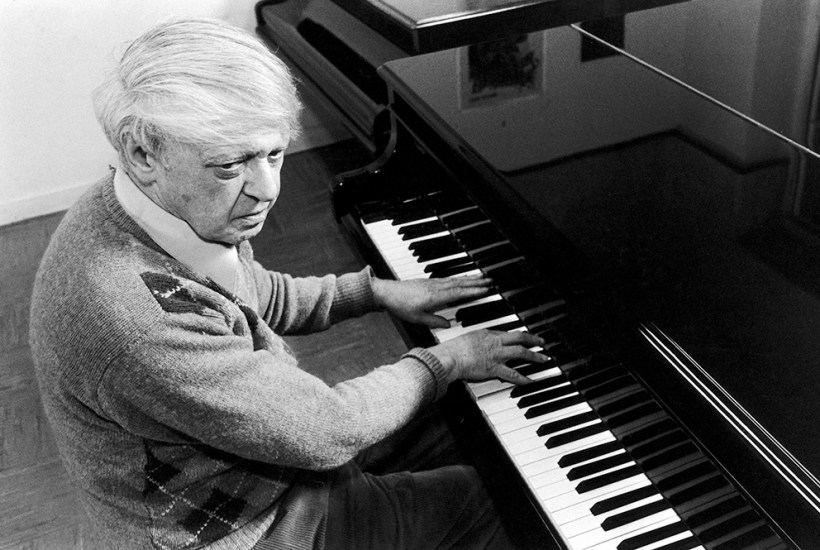Anthony Burgess, a professional to his finger- tips, knew how to write an arresting first sentence. The locus classicus is his opening to Earthly Powers. But try this for size, a lapel-grabbing start of a piece about William Walton in The Listener:
Waking crapulous and apothaneintheloish, as I do most mornings these days, I find a little loud British gramophone music over the (a) bloody mary and (b) raspberry yoghurt helps me adjust to the daily damnation of writing.
Already a subscriber? Log in
Subscribe for just $2 a week
Try a month of The Spectator Australia absolutely free and without commitment. Not only that but – if you choose to continue – you’ll pay just $2 a week for your first year.
- Unlimited access to spectator.com.au and app
- The weekly edition on the Spectator Australia app
- Spectator podcasts and newsletters
- Full access to spectator.co.uk
Unlock this article
You might disagree with half of it, but you’ll enjoy reading all of it. Try your first month for free, then just $2 a week for the remainder of your first year.














Comments
Don't miss out
Join the conversation with other Spectator Australia readers. Subscribe to leave a comment.
SUBSCRIBEAlready a subscriber? Log in